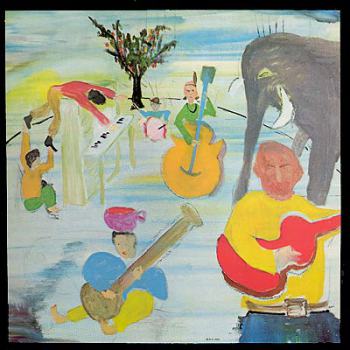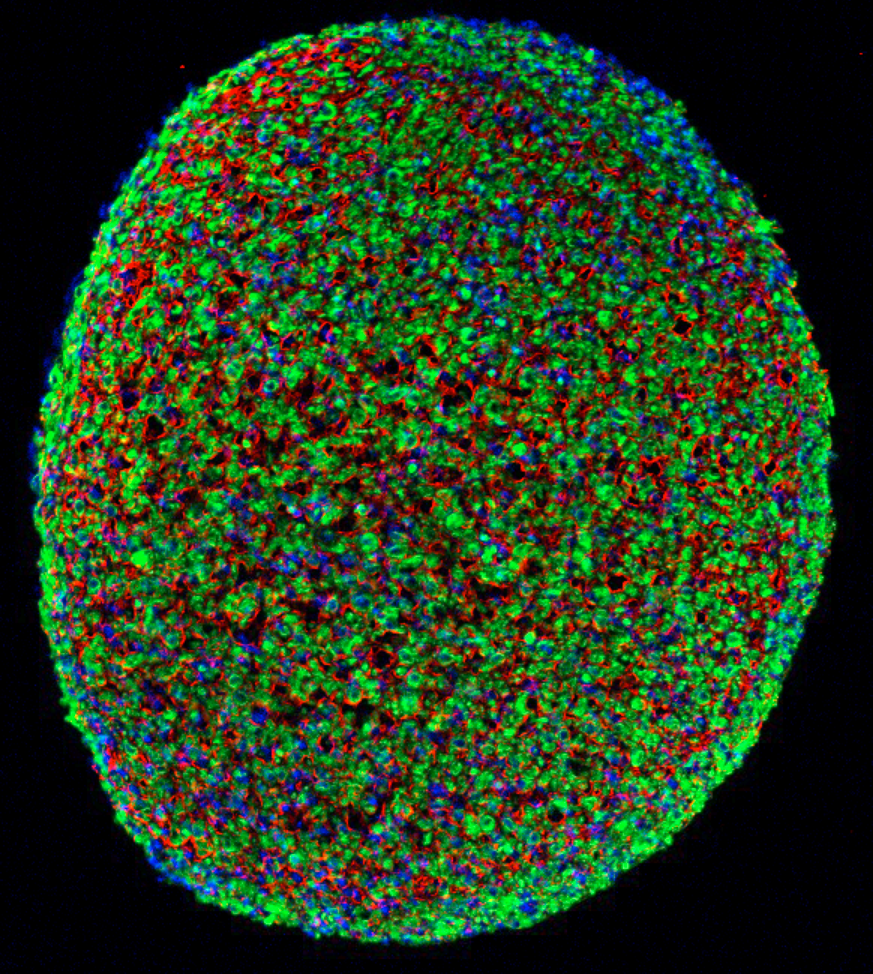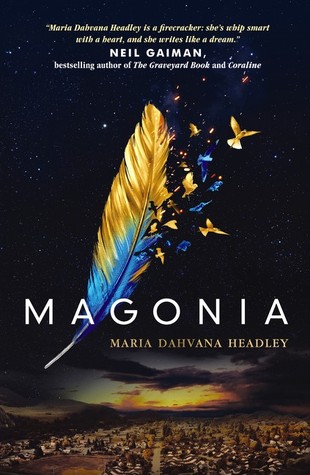Download links for: L'istinto di narrare. Come le storie ci hanno reso umani


Reviews (see all)
Write review
Another problematic book to review. There is at least one factual problem. Mr. Gottschall argues the Holocaust was the worst genocide in history---wrong! Both the Stalin and Mao genocides were worse [20 million and 12 million respectively]. Fact checking is very important and easy today. Not getting something as simple as this correct is unforgivable and demonstrates a laziness. The other problem I had with Mr. Gottschall has to do with his attitude toward experimental fiction specifically and literary fiction more generally. For example: “Experimental fictions like Finnegans Wake are still in print, but they are mainly sold either to cultured autodidacts dutifully grinding their way through the literary canon, or to college students who are forced to pretend that they have read them”. It is as well this was said in a book; if it were a bar we’d be taking that out back. Mr. Gottschall doesn’t quite get the difference between cultural and biological evolution and doesn’t understand the nature of experimental modernism at all. True postmodernism is more or less gimmicky crap but the great works of literature that have challenged our sense of place and reality go far beyond this—Tristram Shandy, Finnegans Wake, The Mahabharata, Proust, Kafka’s oeuvre, and the list continues. The books that last, are often the books that challenge our sense of story and then take us deep into character, style, and ideas. This is where literary fiction truly shines but is not fit for mass-consumption. Because of this and other failings Mr. Gottschall gets 3 out of 5 stars.Fair entry position for understanding the nature of homo fictus [fiction man].
I've read a number of books about story, and what it means to us as human beings, including Yorke's Into the Woods and The Seven Basic Plots by Christopher Booker, who has a nice Jungian spin on it all. But this short volume by Gottschall is the best of the bunch by a country mile. Not only does Gottschall present the most convincing arguments for our addiction to story, he does so in such an entertaining way that you want to savour each sentence. And that last chapter actually scared the living bejesus out of me - I hope to god he isn't right.
an enjoyable read. Didn't realise how important stories are to us - the human species.
No new material. Photos detracted from, rather than added to, the book.
Awesome Book!
Other books by Nonfiction
Related articles












